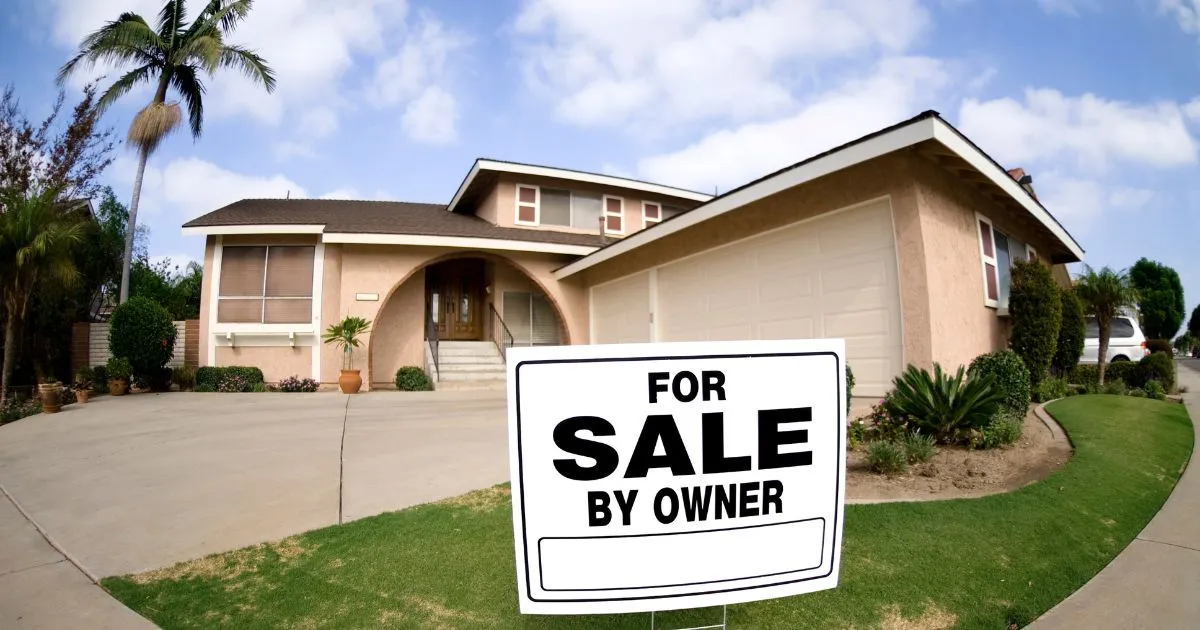Title insurance is an important form of indemnity insurance that protects real estate buyers and lenders against potential losses arising from defects in a property’s title. These defects could include prior liens, encumbrances, unpaid property taxes, fraudulent ownership claims, or errors in public records. Unlike most typical insurance policies that protect against future incidents, title insurance focuses on preventing financial loss due to past events.
Why understanding its cost is essential for homebuyers.
When budgeting for a home purchase, buyers are often surprised by the number of closing costs—title insurance being significant. While it’s a one-time expense, the cost can vary widely depending on the circumstances of your purchase. Understanding the factors influencing the price helps you avoid overpaying, ensures you receive adequate protection, and allows you to plan your finances effectively.
Overview of what the blog will cover
In this article, we’ll explore what title insurance is, what you’re paying for, who is typically responsible for the cost, how to reduce expenses, and whether the price is justified for most homebuyers.
What Factors Affect the Cost of Title Insurance?
Home purchase price and loan amount
The property’s purchase price or loan amount is the most direct factor influencing your title insurance premium. Title insurance costs are generally calculated as a percentage of these amounts. For example, a $300,000 home might carry a $500–$1,500 premium, depending on state regulations and company rates. Since the risk to the insurer increases with the property’s value, so does the cost of coverage.
Location and state-specific regulations
Each state governs title insurance differently. In some states like Texas and Florida, the Department of Insurance sets fixed rates, meaning the premium will be the same no matter which company you choose. In other states, such as Utah or California, the rates are not regulated, allowing for more price variation. Additionally, local market conditions, such as higher property values or complex land histories, can impact the cost of title searches and policies.
Type of policy (owner’s vs. lender’s)
There are two main types of title insurance:
- Lender’s Policy: Mortgage lenders require this policy, which protects only the lender’s financial interest. It lasts until the mortgage is paid off and typically costs less.
- Owner’s Policy: This is optional but highly recommended for buyers. It protects your legal rights to the property for as long as you own it. Because it covers the home’s full value, the premium is generally higher than the lender’s policy.
Each policy is priced separately, but in most transactions, both policies are issued simultaneously—often at a discounted “simultaneous issue rate.”
Title company or insurance provider fees
Beyond the base premium, additional services related to issuing a title policy—such as title searches, document preparation, and settlement services—incur added fees. Some title companies bundle these costs into the policy, while others itemize them separately. These services are crucial for verifying clear ownership, but buyers should always request a breakdown to understand what they’re paying for.
Optional endorsements or add-ons
Basic title insurance covers only standard risks, but homeowners can purchase endorsements for extra protection. Examples include coverage against zoning violations, post-policy forgery, or structural encroachments. These add-ons offer added peace of mind but come with additional costs, often ranging from $25 to several hundred, depending on the coverage and property type.
Owner’s Policy vs. Lender’s Policy: Who Pays What?
Breakdown of each policy type
- Lender’s Policy: This policy protects the mortgage lender’s interest in the property and is mandatory if you’re taking out a loan. It ensures the lender’s investment is secure if title issues arise.
- Owner’s Policy: Protects your equity and legal ownership rights. This policy is optional but strongly advised, as it shields you from potential legal battles and financial losses.
Everyday payment responsibilities (buyer vs. seller)
Who pays for title insurance can vary by state, local custom, or contract negotiation. In some areas, sellers typically pay for the owner’s policy as part of their obligation to deliver a clear title, while buyers cover the lender’s policy. In other markets, buyers might pay for both. Consult your real estate agent or attorney to understand regional norms and negotiate accordingly.
Negotiation possibilities in different states
In non-regulated states, buyers can compare providers for better pricing and negotiate around who pays for what is more common. Even in regulated states, you can still negotiate who shoulders the cost—especially in buyer’s markets where sellers are motivated to close deals quickly.
Can You Shop Around for Title Insurance?
Why it’s worth comparing title insurance providers
If you’re in a state with unregulated pricing, shopping around could lead to substantial savings. Even if premiums are fixed, providers may vary in service quality, turnaround time, and additional fees. Not all title companies are equally diligent in their research, which can affect the quality of protection you receive.
Tips for getting competitive quotes
- Request estimates from at least three providers.
- Ask for a detailed breakdown of included services.
- Use online title insurance calculators provided by local companies.
- Ensure you’re comparing identical coverage types and endorsements.
Understanding bundled fees in closing costs
Title insurance often includes closing services like document preparation, deed recording, escrow services, and courier fees. Some companies may advertise low premiums but add high ancillary fees. Carefully review the Loan Estimate and Closing Disclosure to avoid hidden charges.
Ways to Save on Title Insurance
Reissue rates for refinances or previous title work
If the property was recently insured (e.g., refinanced within the last 10 years), you might be eligible for a reissue or discount rate, which can reduce the premium by up to 40%. Ask your title agent about this option.
Asking your lender or agent for discounts
Some lenders and real estate agents partner with preferred title companies that offer discounts. Ask whether your agent or lender can connect you with a reputable competitive rate provider.
Negotiating closing cost responsibilities
Since many closing costs are negotiable, you may be able to split or shift the title insurance expense during contract negotiations. Sellers often agree to pay for the owner’s policy, especially in slower markets.
Is Title Insurance Worth the Cost?
Weighing the risk vs. reward
While title insurance is not legally required for buyers, the risk of not having it can be financially devastating. Consider the potential consequences: defending against a claim from an unknown heir, paying off a surprise lien, or dealing with a forged deed. Compared to these risks, the one-time premium is minimal.
Real-life examples of title claim situations
- A buyer discovered a previously unknown tax lien on the property and was held responsible for thousands of dollars.
- A forged signature on a prior deed led to a contested ownership claim, forcing the new homeowner into litigation.
- An undisclosed easement limited the homeowner’s ability to build a garage on their land.
In all these cases, title insurance covered the losses or legal defense costs, saving the owners from financial ruin.
Peace of mind and long-term protection
Title insurance assures that your property rights are secure. It’s a one-time payment for lifetime protection—something few other financial products can offer.
Conclusion
Summary of key points
Title insurance is a vital but sometimes misunderstood part of the home buying. Its cost varies based on property value, location, policy type, and other factors. Knowing what influences the price allows buyers to make informed choices and potentially save money.
Encouragement to research and compare options
Don’t treat title insurance as just another line item—understand what you’re paying for and shop around when possible. Ask for breakdowns, explore discounts, and consider the long-term protection the policy offers.
Final thoughts on balancing cost with coverage
While the upfront cost of title insurance might seem high, its value becomes clear when considering the financial and emotional stress it can prevent. Work with a trustworthy title insurance company—such as Utah Title Insurance—for accurate estimates and reliable service that ensures peace of mind in your property purchase.








